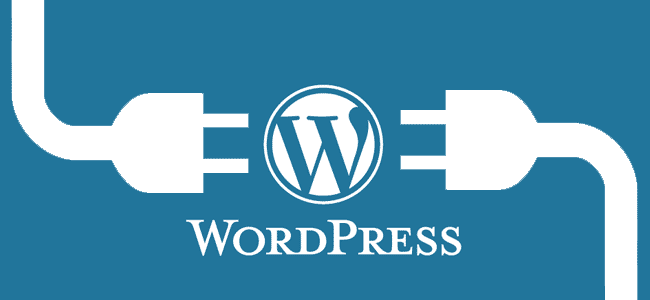Today, business operations are getting more complex and proliferated than they ever were. Businesses are no longer restricted to a single venue and people playing a single role. To accommodate this culture, businesses need a robust back-end to power their websites. WordPress is the apt solution for multi-authored websites. It gives you the capability to assign roles as well as capabilities to different user profiles. The users can enjoy all the features no matter where they are located. Depending on the specific needs of the organizations, WordPress helps in managing the editorial flow, adding author profiles and improving the content organization. And to make a short work of all these tasks, there are some great WordPress plugins.
- User Submitted Posts: If you want anyone coming to the website to be able to post content, then this is the plugin to opt for. User Submitted Posts allows the visitors to post any content with the help of a form displayed at the front end. You have to add a Shortcode to any page, post or widget and the form will appear appropriately. You can set controls whereby the content can be automatically posted or it can be saved in the draft for you to look through and edit.
- Edit Author Slug: The plugin removes some of the annoying aspects with multi-author websites. WordPress by default will create a Permalink for any author (such as http://www.yoursite.com/author/username/), but with the help of Edit Author Slug you can customize this Permalink (such as http://www.yoursite.com/staff/sam-lewis/). You can even change the Permalinks based on the user’s role.
- Editorial Calendar: This is one of the most popular plugins and there are good reasons for that too. It can help the editorial team in scheduling the upcoming posts by displaying them in the form of a handy calendar. The calendar comes with drag-and-drop feature, where you can switch posts, edit them and do other tasks from a single screen.
- Post Status Notifications: One of the leading issues with multi-author sites is that the main administrators have to log in to the Dashboard to see if any other author has added a new draft. The Post Status Notifications addresses this situation. It sends out email notifications to the administrators whenever there is a new draft added. Authors, on the other hand, can also be informed when their post is published.
- Content Progress: The plugin provides an easy way to track the progress of a post. Any content goes through many stages – from writing, editing to publication. The Content Progress plugin allows flagging posts as per their progress level such as “Needs Scheduling” or “Add Media”. It can also detect empty posts. There is even a provision to post comments and feedback to a certain post.
So, have fun using these plugins to make an easy work of managing multi-authored websites.



